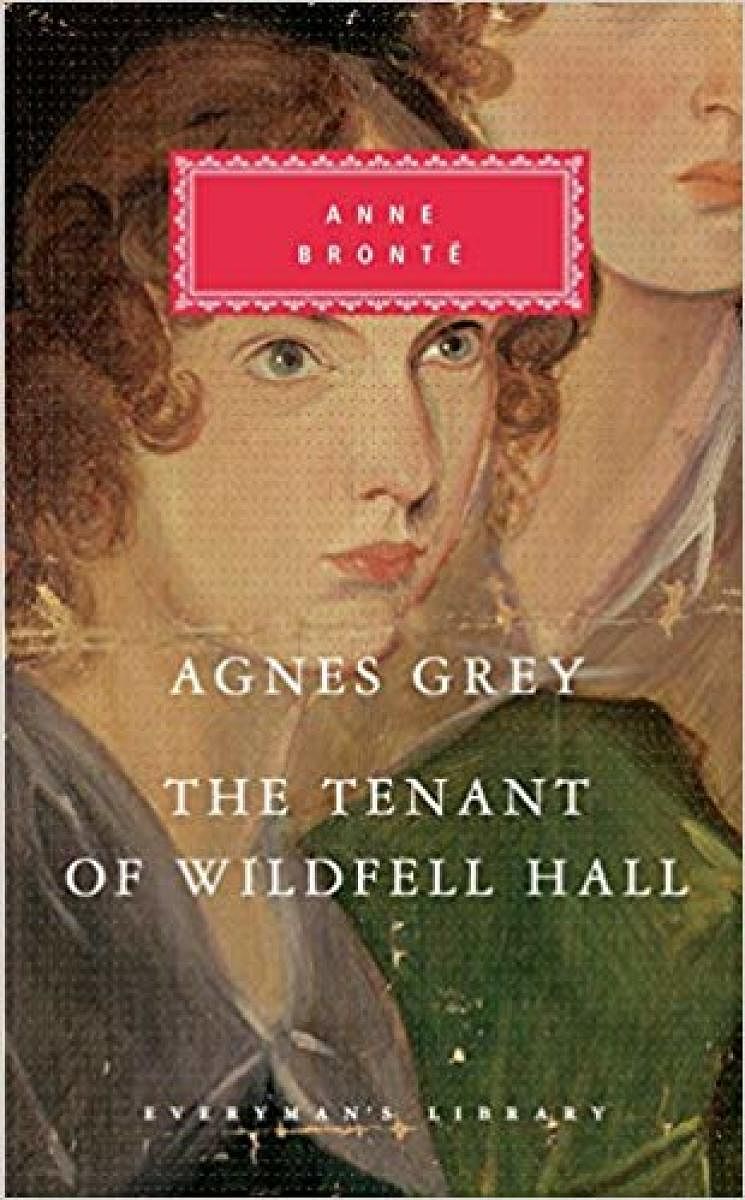
In the world of Brönte fandom, there has always been two ways a reader could swing; go with Emily’s gusty and volcanic romance on the moors, ‘Wuthering Heights’, or worship Charlotte’s tale of tightly-corseted simmering passions, ‘Jane Eyre’. In the shadow of these two suns, Anne Brönte’s works, ‘Agnes Grey’ and ‘The Tenant of Wildfell Hall’, have long been hidden. Only Brönte completists seem to ever seek out either of these two books — which is a pity, since Anne was clearly as much a gifted storyteller as either of her sisters.
My own sister still cherishes her Penguin Classics copy of ‘The Tenant of Wildfell Hall’, bought when we were in school decades ago. She’s never been much of a fan of either ‘Wuthering Heights’ or ‘Jane Eyre’, finding their heroines to be spoilt brats (Catherine) or wet behind the ears (Jane). Instead, she has long felt greater affinity for Helen Huntingdon, the tenant referred to, in the title.
An unusual heroine
Helen is no ingenue — when the book begins, she’s a widow with a young son who has just moved into a lonely manor house. Gilbert Markham, the callow young son of a gentleman farmer, narrates the story and it’s through his gaze that we are first introduced to Helen. She is unusual for her time — direct, with a low tolerance for preening, foolish men, and determined to earn her own way through life.
Eventually it’s revealed — through Helen’s diaries that are part of the narrative — that she’s, in fact, not a widow, but still married to an alcoholic. She’s run away from her husband and her unstable marriage and is desperate to build a new life free of pain and abuse. This is a refreshing, revolutionary change from the novels of the time where the women seemed to use marriage to escape unfortunate circumstances. That’s not to say that Helen and Gilbert won’t fall in love and find a happy ending for themselves, but the fact that the heroine had walked away from her husband made this novel radical for the mid-19th century.
So why didn’t this story, so modern and sensitive in the way it treated women and marriage, get its due? Why hasn’t Anne got credit for creating one of the first truly feminist heroines in Helen Huntingdon?
One possible reason is because she died not long after the publication of the book. Charlotte, who oversaw both her sisters’ literary legacies after their deaths, didn’t allow the book to be republished. It was, in her view, too crude, harsh and unladylike. Also, the character of Helen’s dissolute husband was inspired by the Brönte black sheep and alcoholic brother, Branwell. It was only after Charlotte’s death that the book was published in one volume.
Now, in her bicentennial year, it’s time to put Anne in the spotlight — and read the book that shocked a nation by boldly putting women’s rights and equality of the sexes as its beating, moral heart.
The author is a Bangalore-based writer and communications professional with many published short stories and essays to her credit.
That One Book is a fortnightly column that does exactly what it says — takes up one great classic and tells you why it is (still) great. Come, raid the bookshelves with us.